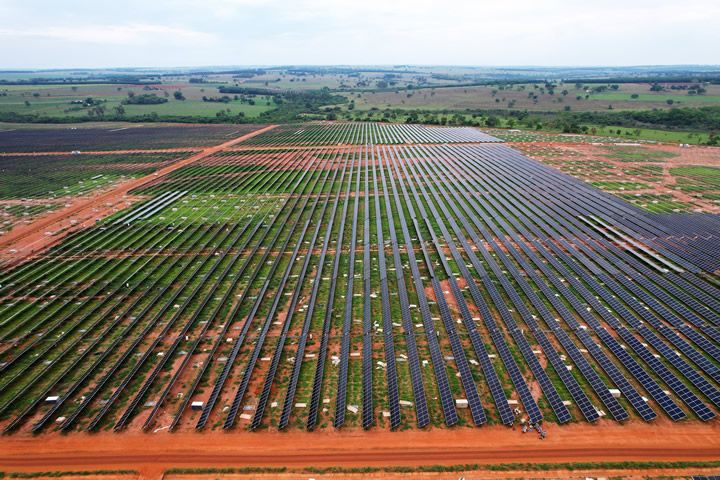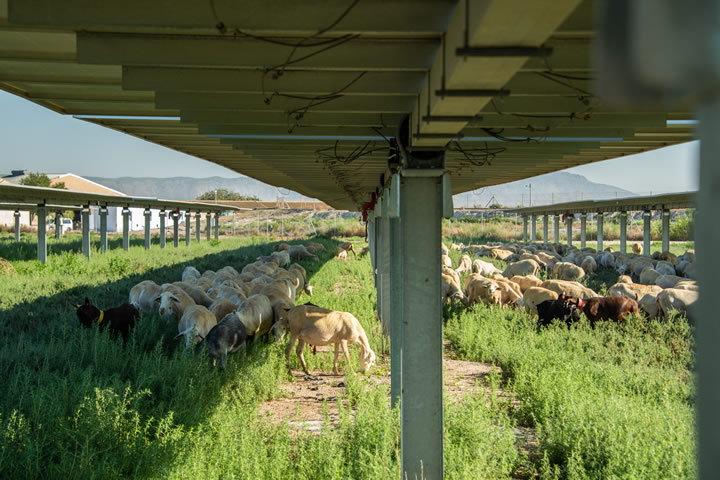According to the DOE, global demand for photovoltaic solar energy is expected to increase significantly in the coming years, requiring a total investment of $8 billion in supply chain facilities to meet the demand.
 Ensuring Supply Chain Resilience: Key to Energy Sustainability
Ensuring Supply Chain Resilience: Key to Energy Sustainability

Article from | Soltec
The transition towards a cleaner energy matrix is undeniable. The demand for technologies like solar panels, wind turbines, and storage batteries is steadily growing: the global clean energy market is expected to reach $23 trillion by 2030. However, this ambitious vision can only materialize if we ensure a robust and diversified supply chain.
The influence of geopolitical disruptions, such as the Red Sea crisis or the war in Ukraine, has underscored the urgency of this assurance, particularly concerning logistics and the availability, costs, and market development of materials necessary for manufacturing.
In this context, the United States Department of Energy (DOE) has taken a bold step by publishing its "U.S. Strategy to Secure the Supply Chain for a Strong Clean Energy Transition," addressing the importance of strengthening the industrial base to ensure energy independence and resilience against potential disruptions. According to the DOE, global demand for photovoltaic solar energy is expected to increase significantly in the coming years, requiring a total investment of $8 billion in supply chain facilities to meet the demand.

Soltec, Integrating Sustainability into the Supply Chain
In this context, the vital importance of companies like Soltec emerges, a leader in solar tracker development whose commitment to sustainability and excellence in supply chain management not only ensures a smooth transition to cleaner energies but also drives local and global socioeconomic growth. Its expertise in solar tracking systems and commitment to innovation significantly contribute to the security of the supply chain.
The company has built an agile, flexible, sustainable, and local supplier network, enabling it to be prepared to face disruptions in the global market. The Procurement team plays a key role in ensuring the supply chain in the projects the company develops. Its four functional areas - procurement, sourcing, manufacturing, and purchasing - ensure the supply of solar trackers, mitigating the effects of market disruptions and providing support services through local suppliers of products, materials, and services, allowing greater adaptability to geopolitical phenomena. Thanks to its network of services with local suppliers, the firm has built a solid base of approved suppliers, meeting customer demands with its management, mitigating the social and environmental risks inherent in the entire supply chain.
Soltec's supply chain assurance strategy is integrated into the Ecovoltaic model, its model for the development, construction, and management of photovoltaic projects. Through this, the company, founded in 2004, seeks to incorporate global sustainability into all its operations, covering the areas with which a plant interacts during its lifespan: socioeconomic excellence, circular economy, biodiversity, and greenhouse gas emissions. With its Soltec Development subsidiary, the company seeks to promote socioeconomic excellence in the areas where it operates, as well as circular economy, national carbon footprint compensation, and respect for local biodiversity.
One of the most outstanding features of this model is its contribution to local employment, prioritizing the hiring of nearby suppliers and services and using national components or services. In this regard, the company strives to use national equipment, components, and services representing at least 50% of the total project cost, giving preference to regional suppliers.
In summary, Soltec's Ecovoltaic model and its supply chain represent a sustainable and innovative business model that not only seeks to maximize solar energy production but also strives to benefit local communities and protect the environment. It is an inspiring example of how companies can play an active role in combating climate change and promoting a more sustainable future.
The content & opinions in this article are the author’s and do not necessarily represent the views of AltEnergyMag
Comments (0)
This post does not have any comments. Be the first to leave a comment below.
Featured Product


